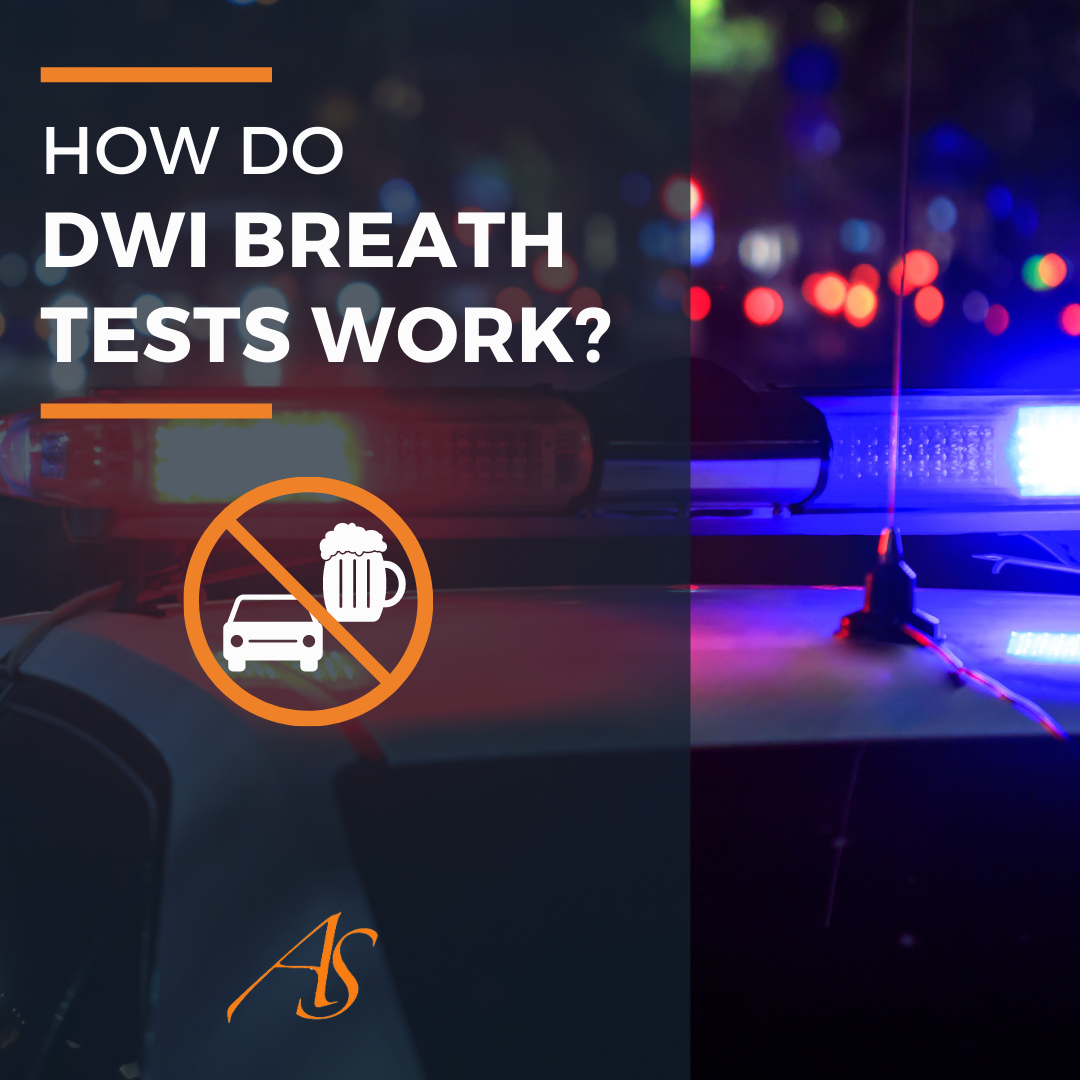 Can I Get Criminal Charges Dismissed in Charlotte?
Can I Get Criminal Charges Dismissed in Charlotte?
Criminal charges can be devastating. If you are charged with a criminal infraction, the situation may consume your life. If you are found guilty, you could face some serious penalties that could have a long-term impact on your life. It is often best to vigorously defend yourself against criminal charges. In some cases, it may be possible to get some charges dismissed. A knowledgeable Charlotte criminal defense attorney will help protect your rights and defend against the charges.
Dismissing Evidence
 Charlotte Criminal Lawyer Blog
Charlotte Criminal Lawyer Blog









